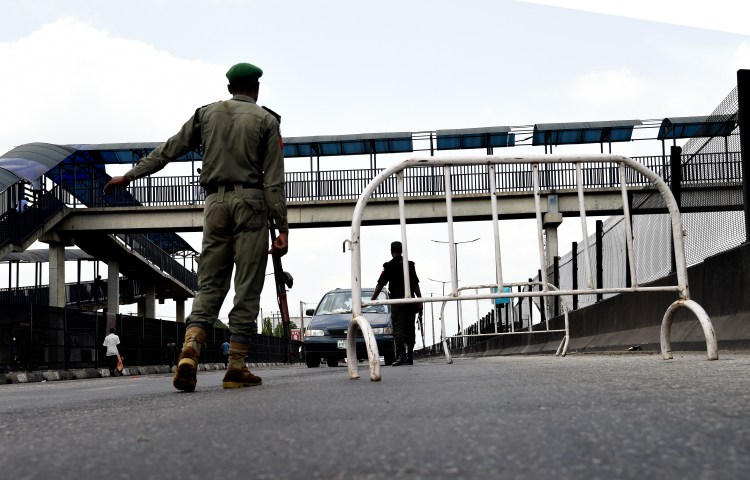
Nigerian journalist held under cybercrime act for COVID-19 coverage
Abuja, June 10, 2020 – Nigerian authorities should immediately release journalist Saint Mienpamo Onitsha, drop all charges against him, and reform the country’s cybercrime act to ensure it is not used to prosecute the press, the Committee to Protect Journalists said today. On June 4, officers with Nigeria’s Department of State Services detained Onitsha, founder…
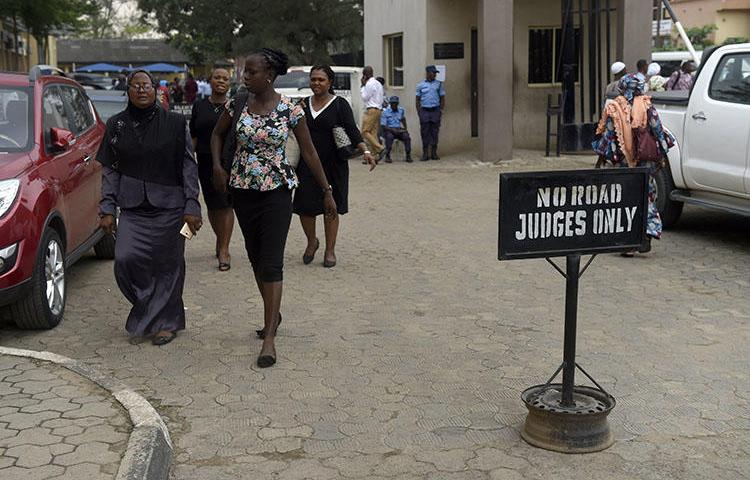
Nigerian journalist Fejiro Oliver charged with cybercrime for corruption report
Fejiro Oliver, the publisher of the privately owned Secret Reporters news site, is scheduled to appear in court in Nigeria’s southwestern Lagos city on May 28, 2020, after years of adjourned legal proceedings, he told CPJ. Department of State Services (DSS) agents separately questioned him three times about his reporting in 2019, he said. Oliver’s…
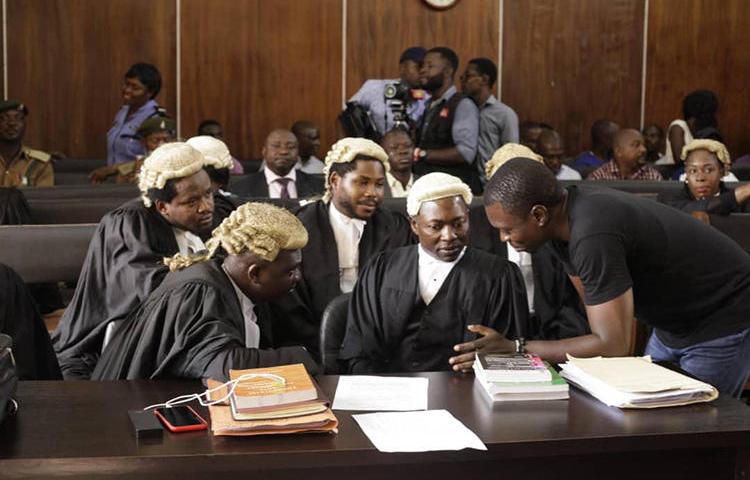
Jailed Nigerian journalist Agba Jalingo to face cybercrime charge in court
New York, February 12, 2020 — The Committee to Protect Journalists today called on Nigerian authorities to drop all charges against Agba Jalingo, the publisher of the privately owned news website CrossRiverWatch, and set him free. Jalingo is set to appear at a federal high court in Calabar city tomorrow on amended charges, including cybercrime…
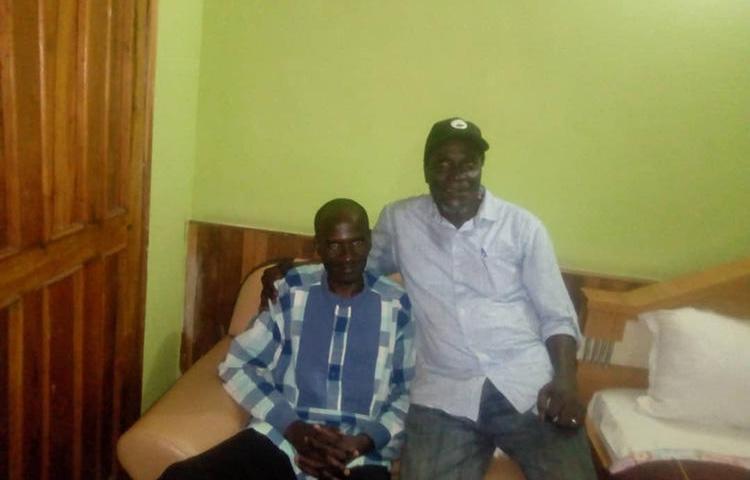
Nigeria charges Weekly Source editor Jones Abiri under cybercrimes, terrorism acts
Berlin, May 22, 2019 –A federal court today charged Jones Abiri, the publisher and editor-in -chief of the Weekly Source, under Nigeria’s cybercrimes act, anti-sabotage act, and terrorism prevention act for crimes allegedly carried out in 2016, and ordered the journalist to be detained, according to his lawyer, Samuel Ogala, and charge documents seen by…
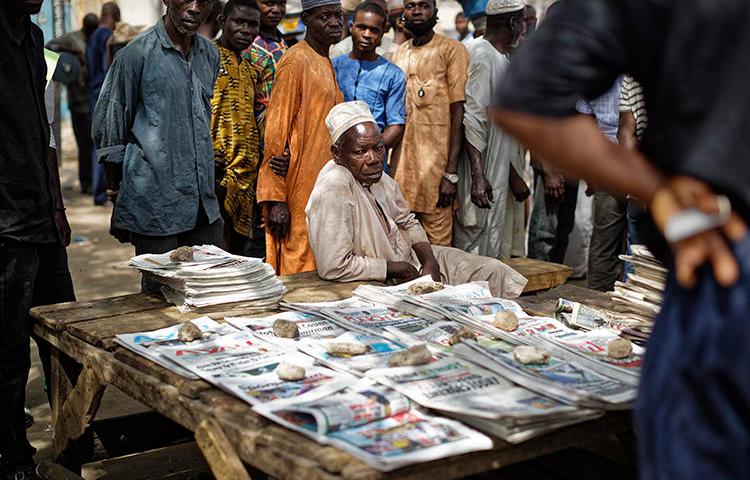
Journalist arrested, charged under cybercrime law in Nigeria
New York, March 7, 2019 — Nigerian authorities should immediately drop charges against journalist Obinna Don Norman, release him from prison, and reform the 2015 cybercrime act to ensure it is not used to prosecute journalists, the Committee to Protect Journalists said today.
Nigerian blogger still in prison, one month after granted bail
Uyo, Nigeria, May 19, 2017–Nigerian authorities should immediately release blogger Kemi Omololu-Olunloyo, in accordance with two court orders granting her bail, and prosecutors should drop all criminal charges against her, the Committee to Protect Journalists said today. Omololu-Olunloyo, who runs the blog HNN Africa, has been jailed for 69 days pending trial, despite two court…
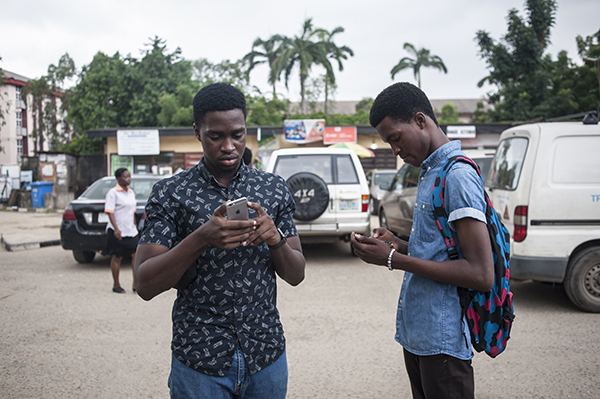
How Nigeria’s cybercrime law is being used to try to muzzle the press
Since Nigeria’s cybercrime act was voted into law in May 2015 authorities have used the accusation of cyber stalking to harass and press charges against at least five bloggers who criticized politicians and businessmen online and through social media.
